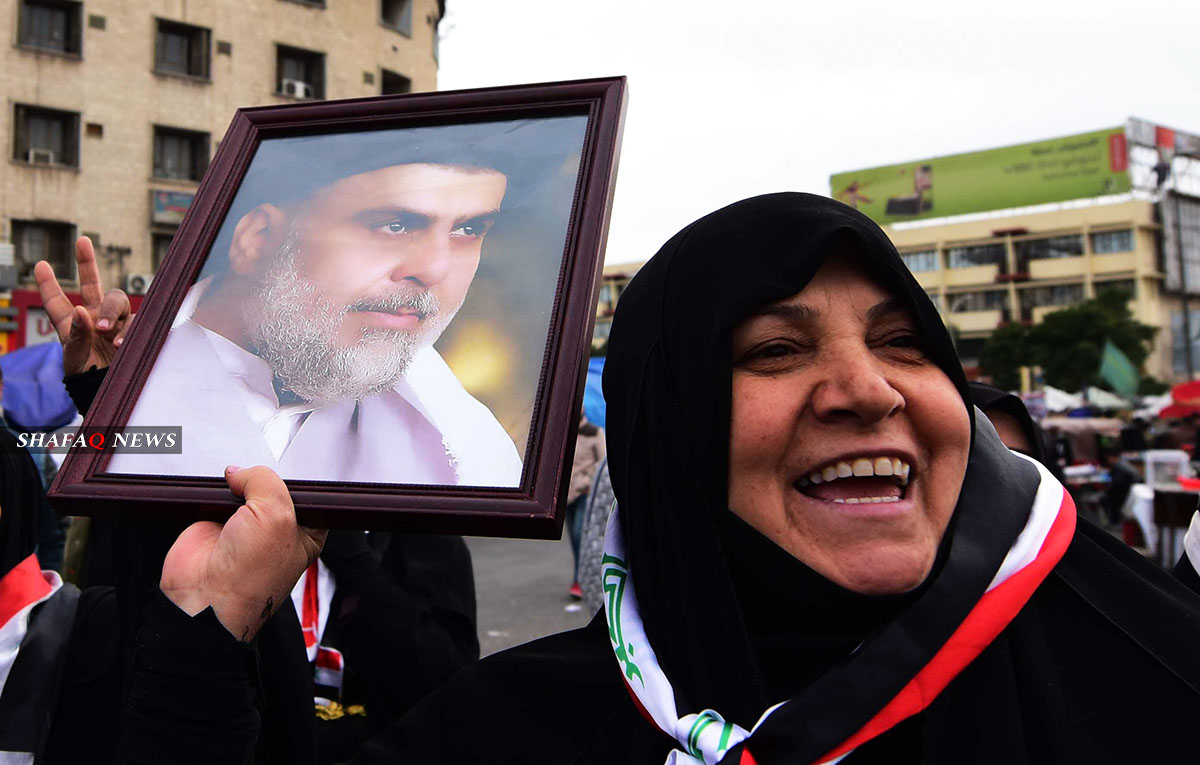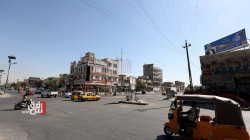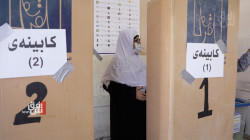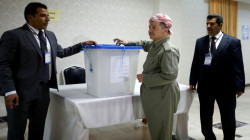Sadrist Movement: we reject entirely a consensual government

Shafaq News/ The Sadrist Movement, led by Muqtada al-Sadr, revealed on Wednesday its next step for the upcoming stage, after announcing the final results of the parliamentary elections.
The leader in the Movement, Issam Hussein, told Shafaq News Agency, "There woll be a new political stage with a national or political majority, and the government will be easily formed after the election results are approved."
He added, "there is a great response from the political blocs in this regard, as well as the Iraqi people, who reject consensus with a bad history."
Hussein pointed out that some political parties are working by submitting some cases to the Federal Supreme Court to disrupt or delay the ratification of the results of the elections.
He considered that those parties "want to use the time to re-establish a consensual government, which we completely reject."
Yesterday, a source in the Independent High Electoral Commission in Iraq revealed that five candidates won in the House of Representatives, according to the results issued by the judiciary after recounting the votes manually in several polling stations.
The source told Shafaq News Agency, "There are five candidates who won based on the appeals submitted by them."
He indicated that the winners belong to the parties as follows: "a candidate for the Azm Coalition, two candidates for the Al-Fateh Alliance and two candidates for the Patriotic Union of Kurdistan.
Earlier, IHEC released final results on Tuesday from last month's general election, confirming populist Shiite cleric Moqtada al-Sadr's movement's victory as the biggest bloc, with 73 seats in the fractious 329-seat house.
The Takadum Party, which draws support from minority Sunni Muslims, won 37 seats. Former Prime Minister Nouri al-Maliki's State of Law group won 33 seats, and the Kurdistan Democratic Party (KDP) secured 31, according to the results cited by state media.
The results were broadly in line with preliminary figures released days after the Oct. 10 election and unlikely to alter calculations much as politicians negotiate on the makeup of a new government. Pro-Iran groups who performed poorly have refused to accept the results.
The commission said that turnout reached 44%, revised up from the 43% preliminary figure but still lower than in the last election in 2018.
The commission said that more than 9.6 million people cast their ballots in the Oct. 10 vote, where at least 167 parties and more than 3,200 candidates competed for the parliament's 329 seats.
For its part, The Kurdistan Democratic Party (KDP) commented on the new results saying that "two seats were illegally taken from the party."
Mahmoud Muhammad, KDP's spokesperson, said that the final results of the Iraqi parliamentary elections represent clearly that "two seats were deprived for two of the Kurdistan Democratic Party candidates in the governorates of Erbil and Nineveh."
He added, "We will announce the position of Party about this illegal act after holding the meeting of the political bureau."



